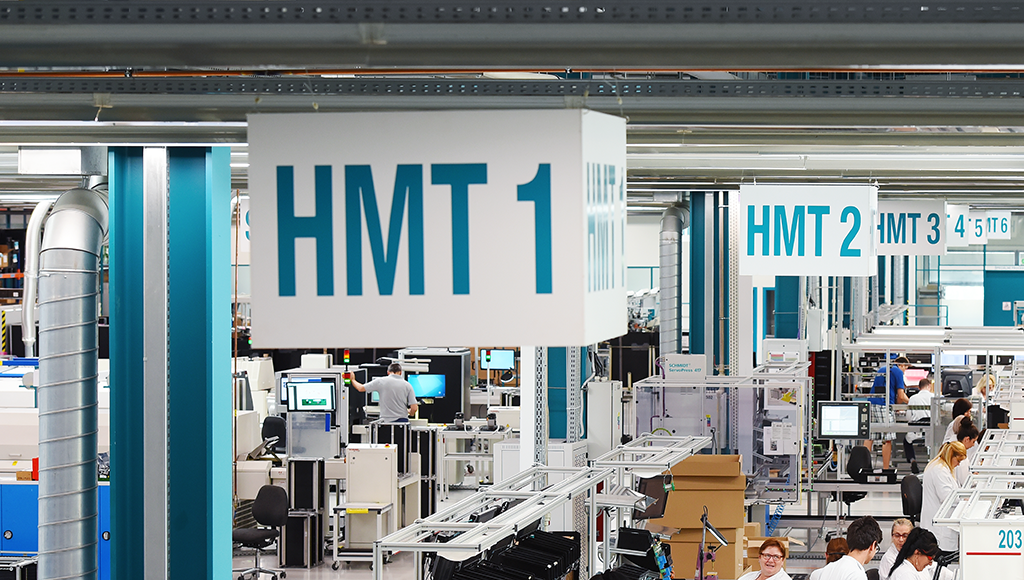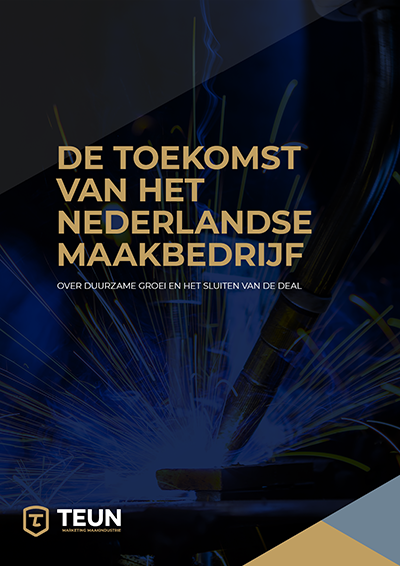‘Grab whatever you can get hold of’ is often the approach of choice for sales and new business in times of crisis. And who can blame them, because the order book needs to stay filled. This does mean, though, that a lot of industrial (manufacturing) companies are still doing too much for too many clients. There's no focus. And without that focus, achieving growth ambitions is pretty much impossible.
The risks at a glance
Lack of focus affects several areas. The impact is felt by all departments in your industrial (manufacturing) company. Engineers struggle with the development of products. Marketers aren't sure what they need to communicate. Sales works hard without really getting anywhere.
This unclear situation creates an imbalance and stress in the workplace.
Lack of focus stagnates long-term growth in innovation, development, sales, and profits. Ultimately, all of this is detrimental to the company's net worth. This puts the future of these manufacturing companies at risk.
Direction, peace and regularity
Choosing to focus does have its advantages. It brings direction, peace and regularity, and ensures the company is seen as a real specialist.
Focus enables the organization to conceive and develop new and better solutions. It means becoming even better at what you're already good at.
“TEUN challenges you to make choices and
Joost van Aaken, ARODO
to add focus”
ARODO, based in Arendonk (BE), opted to focus on packaging solutions for high-quality powders based on the advice of TEUN. This allowed the company to create its own niche.
At TEUN, we want every industrial (manufacturing) company to have such a niche. Why? Because choosing a niche is the best gift a company can give itself. It's what we firmly believe and what our clients experience every day.




